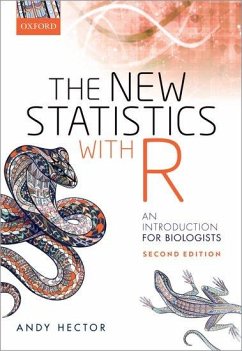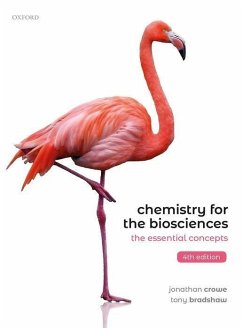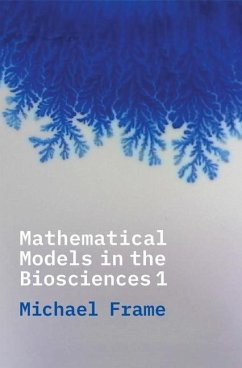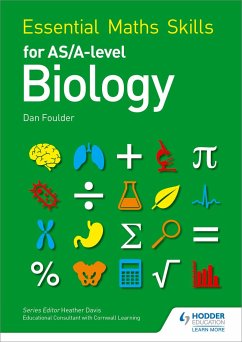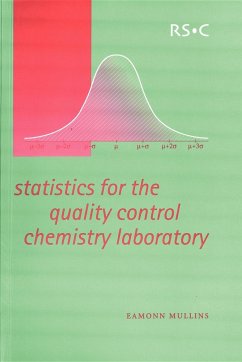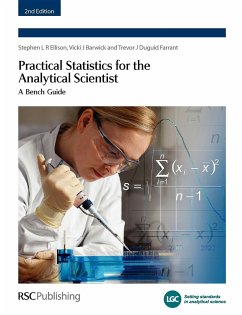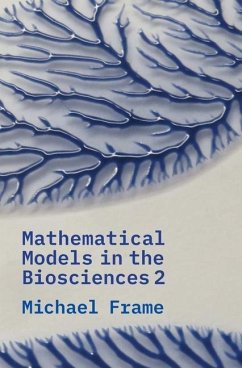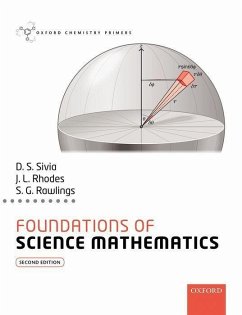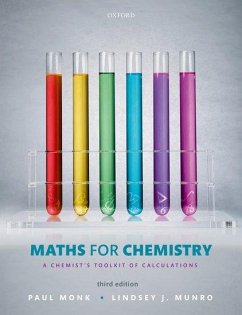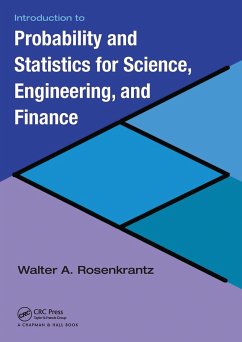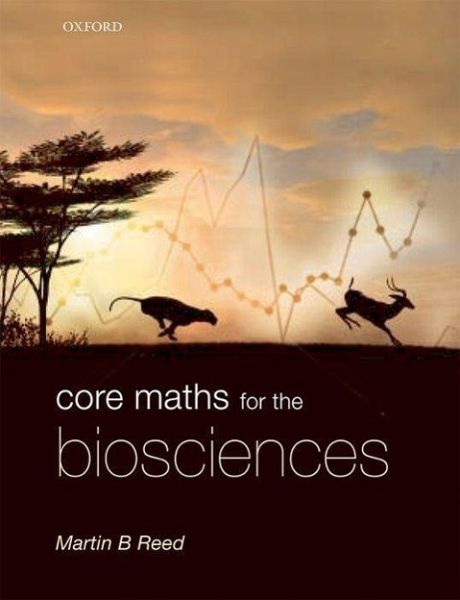
Martin B. Reed (University of Department of Mathematical Sciences
Broschiertes Buch
Core Maths for the Biosciences
Versandkostenfrei!
Versandfertig in 2-4 Wochen

PAYBACK Punkte
40 °P sammeln!





Core Maths for the Biosciences introduces the range of mathematical concepts that bioscience students need to master during thier studies. Starting from fundamental concepts, it blends clear explanations and biological examples throughout as it equips the reader with the full range of mathematical tools required by biologists today.
Dr Martin Reed is a lecturer in the Department of Mathematical Sciences at the University of Bath, and was for the last five years its Director of Teaching. He has taught maths in universities since 1973, both in the UK and overseas (Swaziland, Papua New Guinea, Tanzania); the latter experience has developed his ability to explain subtle concepts in simple, clear language. Prior to his position at Bath, Martin was a member of the Biosciences Department at Brunel University, where he taught core skills to all first year students. Martin's research interests are in numerical methods and optimization. He has lately worked in the field of evolutionary computation, where biological principles such as natural selection and swarm intelligence are used as inspiration for computer algorithms which can solve challenging practical problems.
Produktdetails
- Verlag: OUP Oxford / Oxford University Press
- Seitenzahl: 608
- Erscheinungstermin: 31. März 2011
- Englisch
- Abmessung: 265mm x 196mm x 23mm
- Gewicht: 1418g
- ISBN-13: 9780199216345
- ISBN-10: 0199216347
- Artikelnr.: 32688756
Herstellerkennzeichnung
Libri GmbH
Europaallee 1
36244 Bad Hersfeld
gpsr@libri.de
Exactly the sort of thing that will be helpful in showing those with biological problems how mathematics can be very useful - and that what is really important is maintaining an intuitive understanding between the mathematics - which is essentially no more, but no less, than a way of thinking very precisely - and the actual phenomena they are dealing with...Very fine indeed. Professor Lord May of Oxford, Department of Zoology, University of Oxford
Für dieses Produkt wurde noch keine Bewertung abgegeben. Wir würden uns sehr freuen, wenn du die erste Bewertung schreibst!
Eine Bewertung schreiben
Eine Bewertung schreiben
Andere Kunden interessierten sich für


